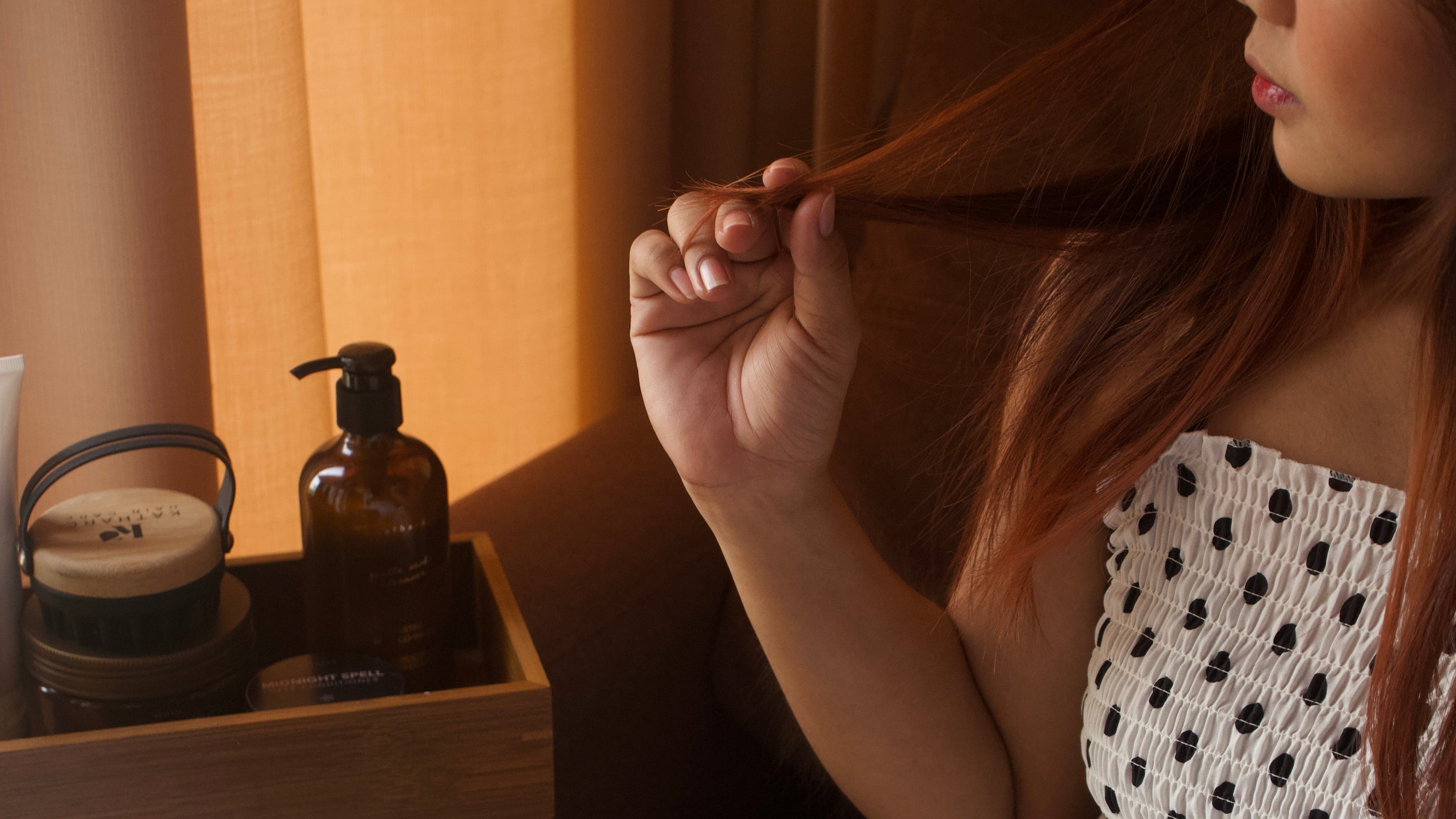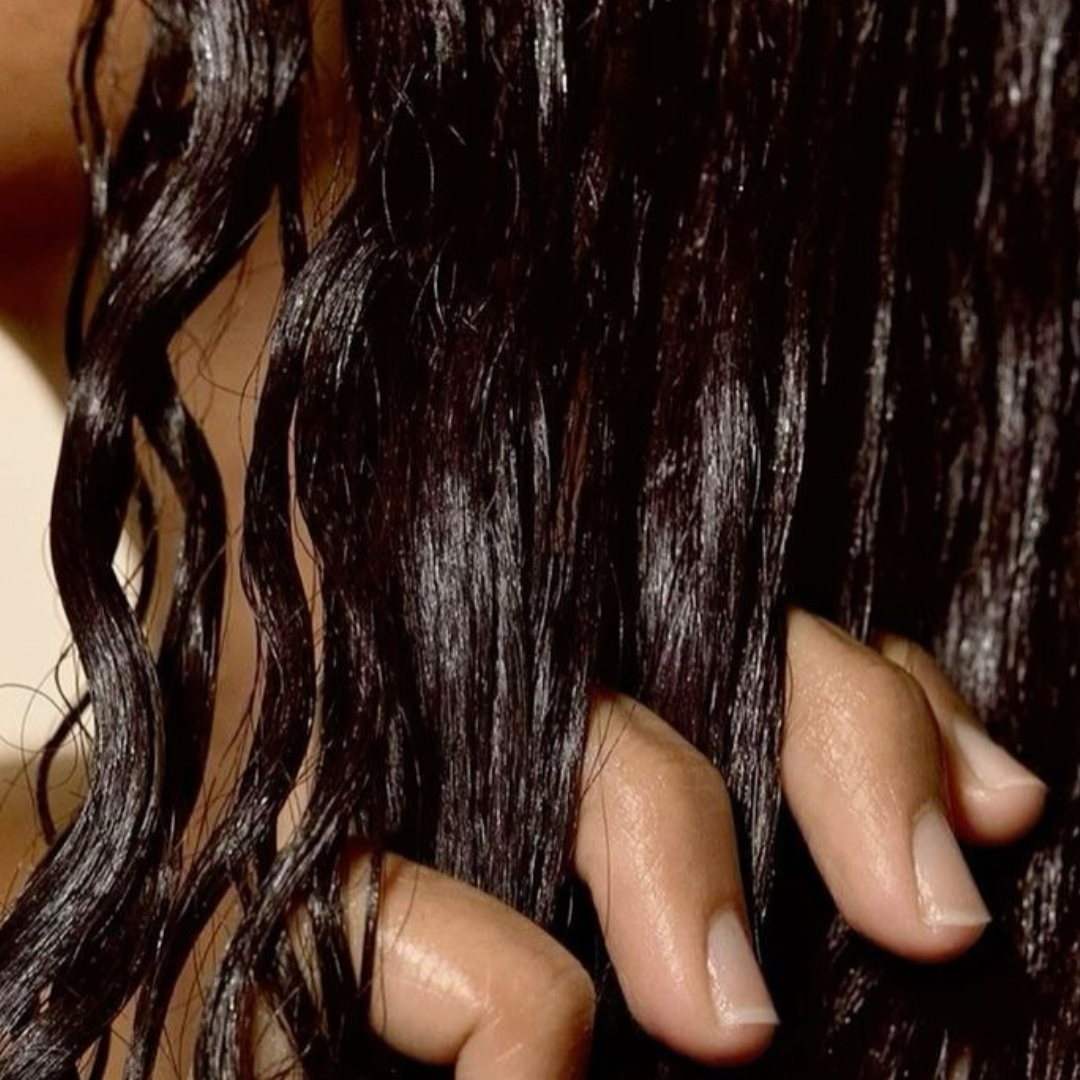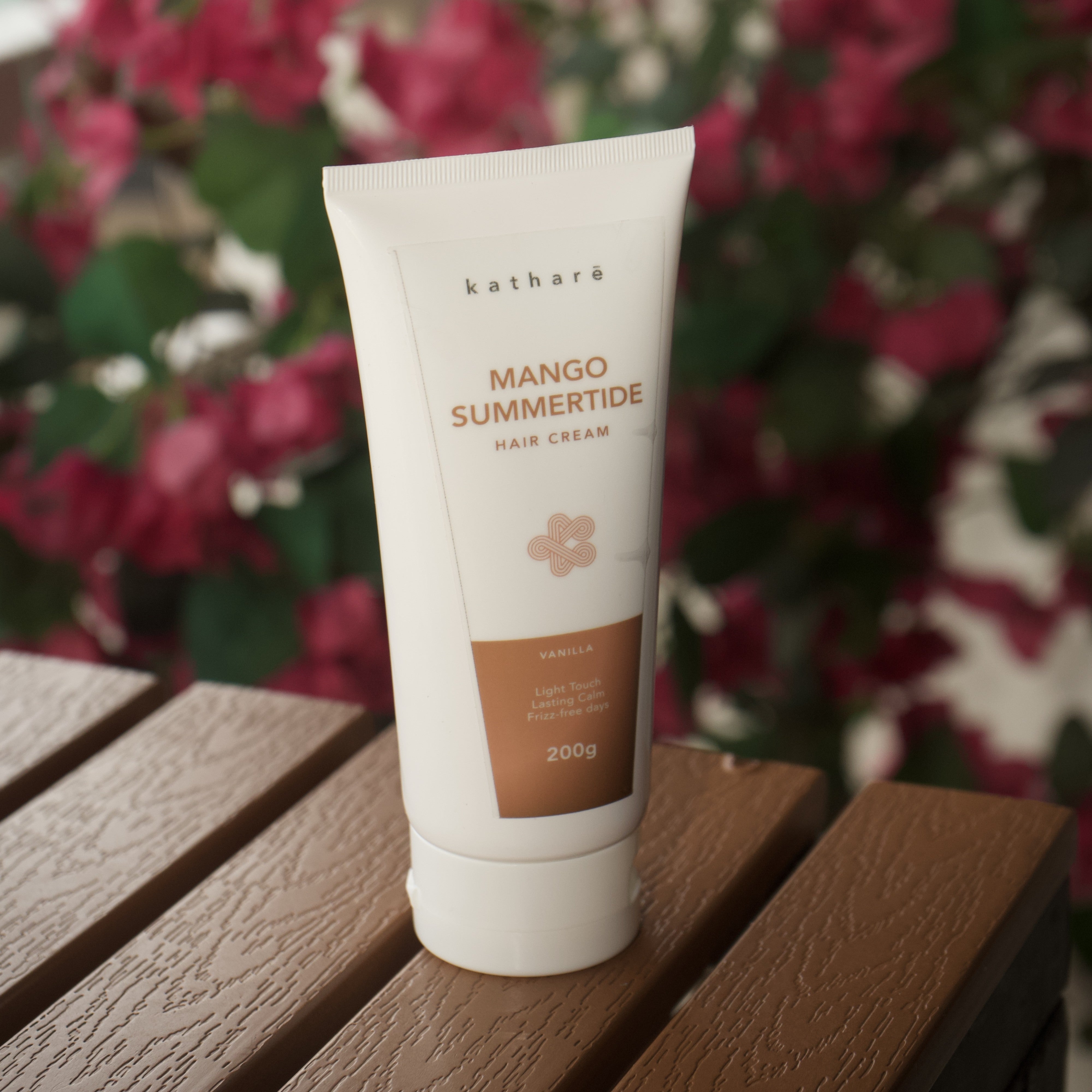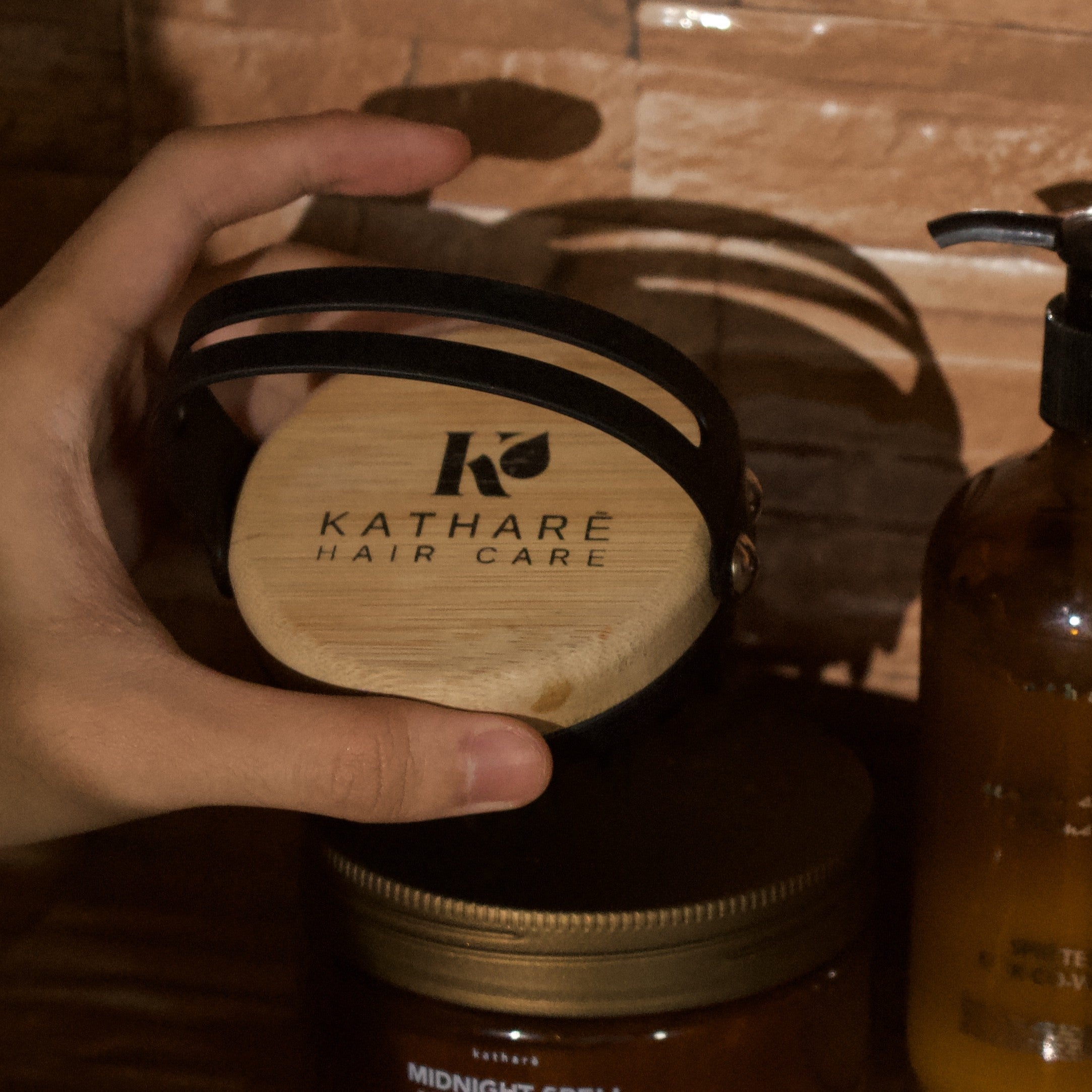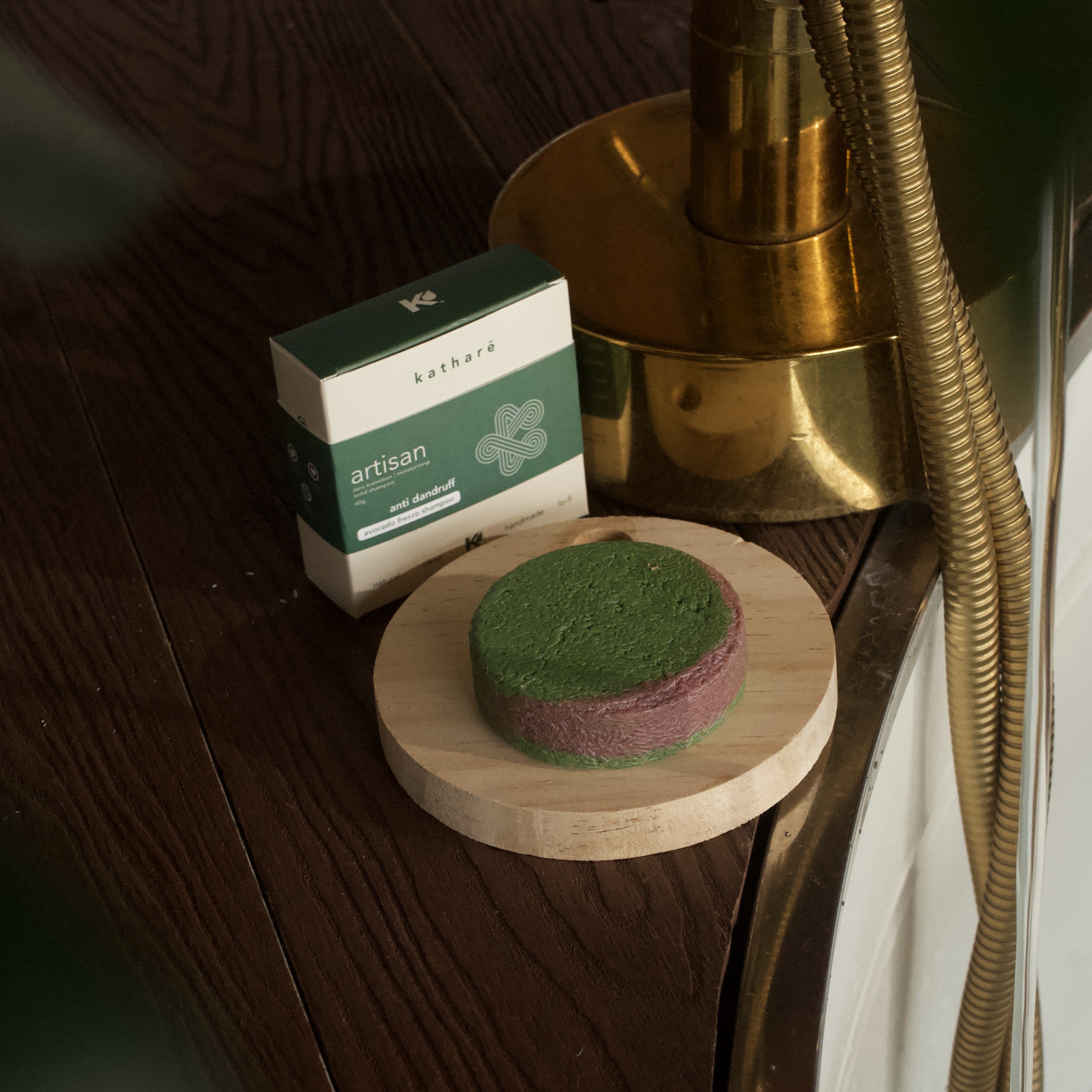Hey there! If you've ever struggled with dry, brittle hair, you're not alone. Dry hair can be a frustrating and persistent issue, but understanding its causes and how to treat it can make a world of difference. Let's explore the factors that contribute to dry hair and how you can keep your locks looking and feeling their best.
What is Dry Hair?
Dry hair occurs when your hair doesn't receive or retain enough moisture. This lack of moisture can make your hair appear dull, frizzy, and prone to breakage. Unlike oily hair, which is caused by an overproduction of sebum (the natural oils produced by your scalp), dry hair often stems from external factors, health issues, or simply genetics.
Common Causes of Dry Hair
Environmental Factors:
Climate: Living in a dry or windy climate can strip your hair of its natural oils. Similarly, prolonged exposure to the sun or harsh weather conditions can lead to moisture loss.
Water Quality: Hard water, which contains high levels of minerals like calcium and magnesium, can leave a residue on your hair, making it feel dry and rough.
Hair Care Practices:
Over-Washing: Washing your hair too frequently can strip away natural oils that keep it moisturized. This is especially true if you use harsh shampoos that contain sulfates.
Heat Styling: Regular use of blow dryers, curling irons, and straighteners can dehydrate your hair, leading to split ends and breakage.
Chemical Treatments: Coloring, perming, and relaxing treatments can damage the hair cuticle, making it difficult for your hair to retain moisture.
Health and Lifestyle:
Diet: A lack of essential nutrients, particularly vitamins and minerals, can affect your hair's health. Omega-3 fatty acids, vitamins A, E, and D, and biotin are crucial for maintaining healthy hair.
Hydration: Not drinking enough water can contribute to overall dryness, including your hair.
Medical Conditions: Conditions like hypothyroidism, anorexia, and certain skin disorders can lead to dry hair.
Here are the top five often-overlooked causes of hair dryness:
1. Overwashing
Washing your hair too frequently strips it of its natural oils, leading to dryness. Even if your scalp is oily, overwashing can create a cycle of oil overproduction and dryness.
2. Using Hot Water
Hot water strips moisture from your hair, leaving it dry and brittle. Opting for lukewarm or cool water can help preserve your hair's natural oils.
3. Excessive Heat Styling
Frequent use of heat styling tools like hair dryers, curling irons, and straighteners can cause moisture loss and damage, especially without proper heat protection.
4. Skipping Conditioner
Conditioner helps lock in moisture and protect your hair from damage. Skipping it or using an unsuitable conditioner can leave your hair dry.
5. Harsh Shampoo Ingredients
Shampoos containing sulfates, parabens, and alcohol can be too harsh, stripping your hair of its natural moisture and leading to dryness and breakage.
But how can we tell if our hair is truly dry?
If you're unsure about the cause of your dry hair, consulting a dermatologist or trichologist can provide valuable insights. They may:
Examine Your Scalp and Hair: Assessing the condition of your scalp and hair can help identify specific issues, such as scalp dryness or damage to the hair shaft.
Conduct Blood Tests: These can reveal nutritional deficiencies or underlying health conditions that might be affecting your hair.
Treatment Options for Dry Hair
Moisturizing Shampoos and Conditioners: Use products specifically designed for dry hair. Look for ingredients like glycerin, hyaluronic acid, and natural oils (argan oil, coconut oil) that help retain moisture.
Deep Conditioning Treatments: Regularly using a deep conditioner or hair mask can provide an intense moisture boost. Look for products containing shea butter, avocado oil, and keratin.
Leave-In Conditioners and Serums: These products can provide ongoing hydration and protection throughout the day. They are especially useful for managing frizz and adding shine.
Reduce Heat Styling: Limit the use of heat-styling tools. When you do use them, apply a heat protectant spray to minimize damage.
-
Gentle Hair Care Practices:
- Avoid Over-Washing: Try to wash your hair no more than 2-3 times a week to preserve natural oils.
- Use Lukewarm Water: Hot water can strip your hair of moisture, so opt for lukewarm water when washing your hair.
- Pat Dry with a Towel: Instead of rubbing your hair dry, gently pat it with a soft towel to avoid breakage.
-
Scalp Care: A healthy scalp is essential for healthy hair. Regularly massaging your scalp with natural oils can improve blood circulation and promote oil production. Consider using oils like jojoba, almond, or castor oil.
Preventive Measures
Balanced Diet: Ensure your diet is rich in essential nutrients. Incorporate foods high in omega-3 fatty acids (such as salmon and flaxseeds), vitamins (like spinach, carrots, and eggs), and plenty of water.
Protect Your Hair: Wear a hat or scarf to shield your hair from harsh weather conditions, and consider using a silk pillowcase to reduce friction and breakage while you sleep.
Regular Trims: Getting regular haircuts can prevent split ends and keep your hair looking healthy. Aim to trim your hair every 6-8 weeks.
Hydrate: Drink plenty of water throughout the day to keep your body and hair hydrated.
Dealing with dry hair can be challenging, but with the right knowledge and care, you can restore its moisture and vitality. Understanding the causes, embracing effective treatments, and adopting preventive measures can transform your hair from dry and brittle to soft and healthy.
Remember, hair health is an ongoing journey. Finding the right balance of products and practices that work for your hair type may take some time, but it's worth the effort. So, embrace your hair's natural beauty and give it the care it deserves. Here's to healthier, more hydrated hair days ahead!


